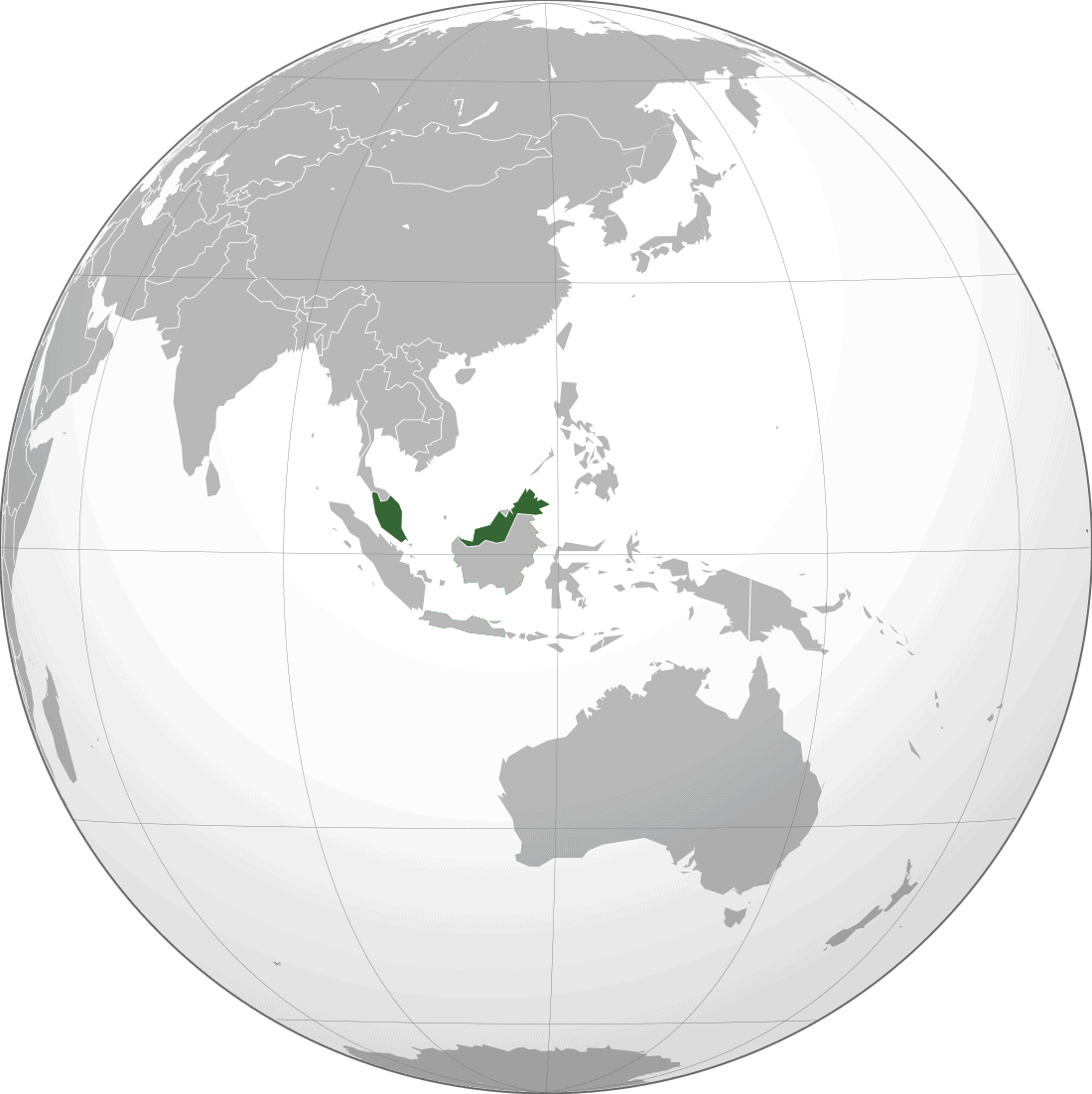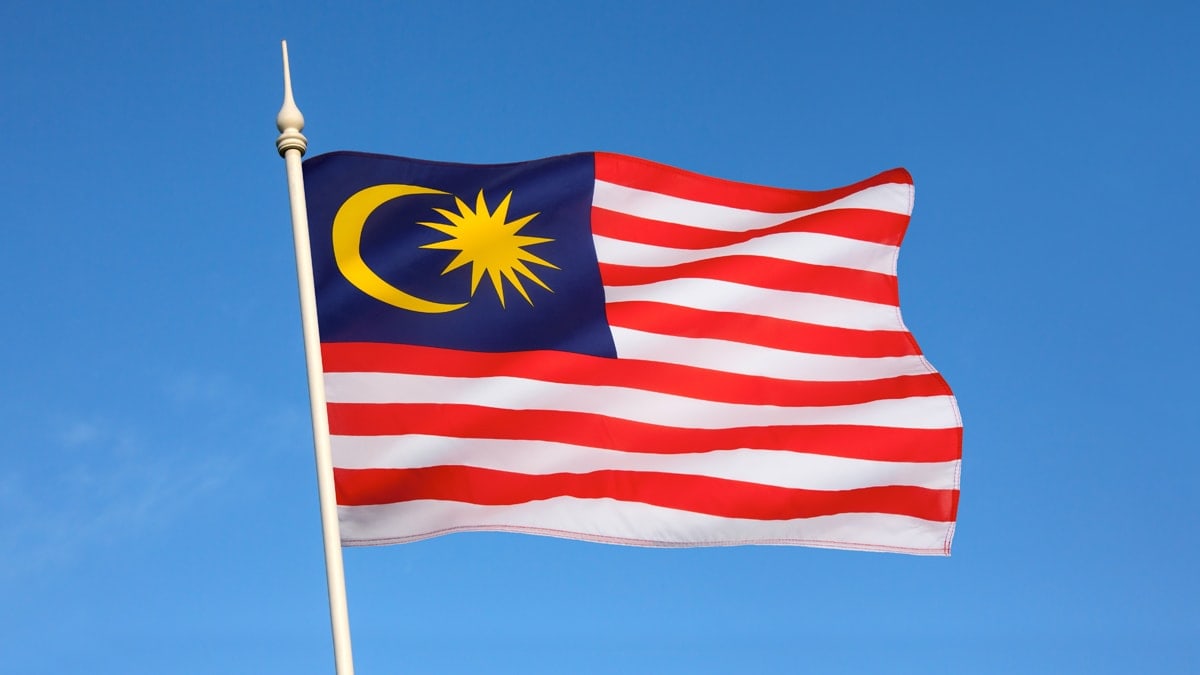Estimated reading time: 8 minutes
Living in Malaysia offers a growing and prosperous economy, low living costs, a stable political environment, and stunning scenery, including lush rainforests, beaches, modern cities, mountains, and plantations. As the fourth largest country in Southeast Asia, Malaysia presents abundant opportunities for expats from around the globe.
Crime rates are low, and living standards are high due to the easy affordability of everyday items, including transport, food, housing and fuel.
With varied programmes, including Malaysia My Second Home scheme (MM2H), it has become a sought-after destination with favourable tax treatments, excellent education, healthcare and infrastructure, and a welcoming, incredibly friendly culture renowned for its hospitality.
Foreign nationals can apply for ten or 20-year multiple entry visas, with their family members, with investment thresholds starting at RM 1 million (£179,298).
Table of contents
About Malaysia
Currency
Malaysian Ringgit (MYR), abbreviated to RM.
Check out our currency exchange article here.
GDP
Malaysia’s Gross Domestic Product (GDP) is $373 billion (£298.2 billion). It is an upper middle-income country with major electronics, manufacturing, hospitality and retail industries.
Capital
The capital is Kuala Lumpur, with a population of 1.8 million, and famous for the Petronas Twin Towers, made of glass and steel, stretching into the skyline and with a sky bridge running in between.
Towns and cities
Malaysia’s largest cities by population are Kuala Lumpur, Seberang Perai, Petaling Jaya and Johor Bahru.
Population
33.57 million British Expats
Around 16,000 UK citizens currently live in Malaysia.
Languages
The official language is Malay, although schools teach children in Malay, Mandarin and Tamil.
Climate
Malaysia has a tropical, hot climate with an average year-round temperature of 25.4°C (77.72°F). There aren’t significant differences between the seasons, with the coolest weather in January with a 24.9°C (76.82°F) average, and the hottest temperatures in April, May and June when it reaches 25.9°C (78.62°F).
Map

Malaysia is in Southeast Asia, with a part of the country called Peninsular Malaysia to the south of Thailand. Sabah and Sarawak are in the South China Sea, part of Borneo bordering Brunei and Indonesia.
Residence By Investment Options
Malaysia’s main residence by investment options are Malaysia My Second Home (MM2H) and the Premium Visa Program. Both offer multiple-entry long-stay visas in return for qualifying investments, primarily aimed at affluent retirees.
To apply for MM2H, with a ten-year visa, expats must be at least 35 years old and able to prove they can financially support themselves and their dependents, with an offshore income worth at least RM 40,000 (£7,172) per month.
Other eligibility criteria include having assets worth at least RM 1.5 million (£268,947), and investors must then:
- Invest at least RM 1 million (£179,298), plus an additional RM 50,000 (£8,965), into a fixed deposit Malaysian account, which is maintained for the duration of their visa.
- Withdraw no more than RM 500,000 (£89,649) after one year, used for approved outgoings such as paying for medical expenses, education or property purchases within Malaysia.
- Spend at least 90 days per year in the country. This requirement applies to the primary applicant and their spouse, whereas other dependents, including children, do not need to meet minimum stay requirements.
The other route to Malaysian residency is through the Premium Visa Program, which works slightly differently and provides a 20-year visa, renewed every five years. Applicants must meet the same monthly income and investment requirements but pay an extra fee of RM 200,000 (£35,860) plus RM 100,000 (£17,930) for each dependent on the visa.
In contrast to MM2H, Premium Visa applicants can be any age and can work or run a business without any physical stay requirements.
Learn the difference between residence and domicile.
Travel
Neither visa category becomes eligible for permanent residency, nor can they lead to citizenship and a second passport. However, expats with either visa can live in Malaysia for up to ten or 20 years with their dependents.
Learn more about British passports while living overseas as an expat.
Timescale
Residence by investment applications takes between three and six months to be approved. Once the initial visa application is approved, the applicant needs to visit Malaysia in person to open a bank account and conform to medical examination requirements.
Visas
British citizens can travel to Malaysia without a visit and are normally granted up to three months’ permission to stay on arrival. Travellers who are not tourists need to apply to the nearest consulate for the appropriate visa or work permit.
Read more about Golden Visa in our in-depth article.
There are varied permits for international professionals depending on how long you expect to stay in Malaysia and the type of work you expect to undertake.
Learn more about Malaysian visa categories and work permits.
Tax
Expats are usually considered Malaysian tax residents if they live in the country for at least 183 days per year. Residents with long-term visas gain beneficial tax treatment, such as exemption from taxation on foreign-sourced income. Malaysia has multiple double tax treaties so that most expats can offset any taxes owed in another jurisdiction.
Tax residents must declare their income and earnings to the Income Revenue Board of Malaysia, and personal tax allowances apply before calculating the net taxable revenues subject to income tax.
Malaysia has a progressive tax band system similar to the UK, with proposed income tax rates for 2023 varying between 26 per cent on income between RM 400,001 (£71,719) and RM 600,000 (£107,579) up to a top bracket of 30 per cent on income of over RM 2 million (£358,596).
Need Help with your Finances?
Cost Of Living
Living costs in Malaysia are significantly lower than in the UK, with general consumer costs around 46.3 per cent more affordable. Rental properties cost approximately 69.1 per cent less than they would in Britain.
A single person living in Malaysia needs a budget of roughly £379 per month, excluding rent, to live comfortably, and a family of four requires £1,332.
Property
Foreign nationals can purchase any property they wish in Malaysia, provided the residence is worth at least RM 1 million (£179,298). This price cap is waived for residence by investment visa holders.
Rental properties are widely available, particularly in major cities, and there is no requirement to be a resident to rent an apartment. Malaysia is a popular expat destination, and landlords are familiar with renting properties to foreign nationals.
Visa categories often require applicants to prove they have arranged secure accommodation before they travel to Malaysia, and there are numerous options, from beachside villas and family properties to contemporary apartments in high-rise Kuala Lumpur skyscrapers.
| One-bedroom city centre apartment | RM 1,666 / £299 |
| One-bedroom apartment elsewhere | RM 1,136 / £204 |
| Three-bedroom city centre apartment | RM 2,963 / £531 |
| Three-bedroom apartment elsewhere | RM 1,904 / £341 |
Read our in-depth guide to Buying A Property Abroad.
Healthcare
The healthcare system in Malaysia is generally considered good. Still, there is no universal public healthcare system, and although residents can access subsidised treatments through government facilities, these may not be accessible to expats.
Most visa categories require applicants to provide evidence of comprehensive medical insurance, and many opt for private cover to ensure they can access immediate healthcare with high-quality facilities and without high costs.
Insurance is widely available from domestic and international insurance providers, and the government-based Foreign Worker Hospitalisation and Surgical Insurance Scheme, or SKHPPA, is mandatory for foreign national workers.
Most expats working in Malaysia have health insurance included as part of their remuneration package. However, retirees, business owners and self-employed foreign nationals will need to join the scheme and make the requisite contributions.
Malaysia Residence By Investment FAQ
Curious about living in Malaysia under the residence by investment program? Find answers to common questions about eligibility, visa requirements, tax treatment, healthcare, and more in our Malaysia Residence By Investment FAQ.
The Malaysian government is unlikely to revoke residency. Still, it has the power to do so if it believes a foreign national has committed a serious crime, failed to comply with the terms of their visa, or has secured a visa through fraud or omissions.
As part of the residency by investment application process, expats must submit a police clearance certificate or letter of good conduct from the relevant authority in their home country or the country they have most recently lived in.
Applicants with criminal convictions will automatically be rejected. This outcome can also apply if the Malaysian authorities uncover any matters of concern while conducting their own checks.
Foreign nationals applying for Malaysian residency must visit the country in person, pass a medical insurance examination, and provide a medical assessment report from any registered clinic or hospital within Malaysia. Approved applicants, and their dependents, need to provide evidence of a valid health insurance plan, although those aged above 59 are exempt.
A direct flight from Kuala Lumpur to London takes just under 14 hours.
The current is the Malaysian Ringgit, with a ticker of MYR and abbreviated to RM.
UK nationals can travel to Malaysia as tourists for up to three months without a visa. Longer stays, and those looking to study, work or run a business in Malaysia must apply for a work permit or visa before they travel.
Related Information
Below is a list of related articles you may find of interest.
